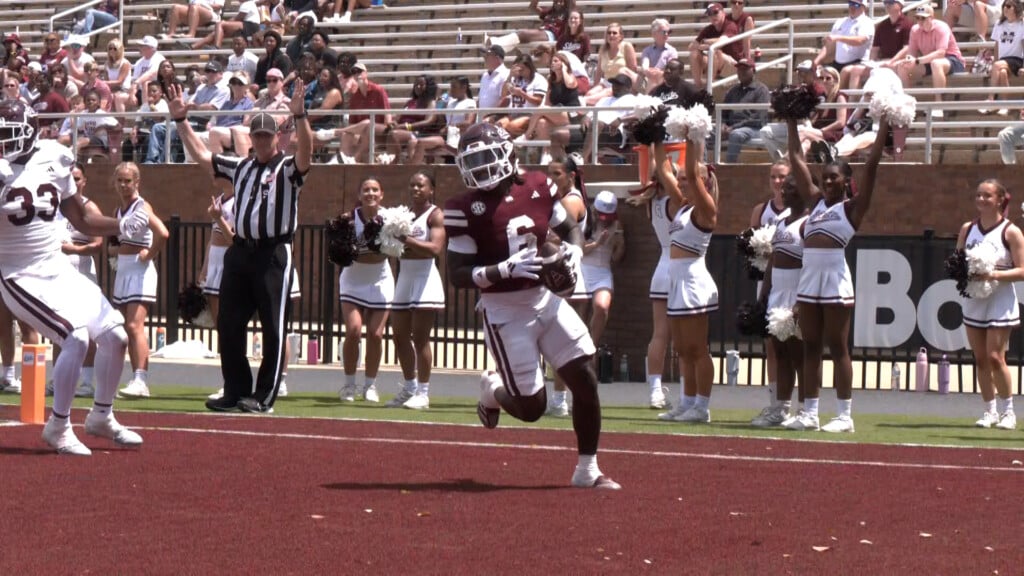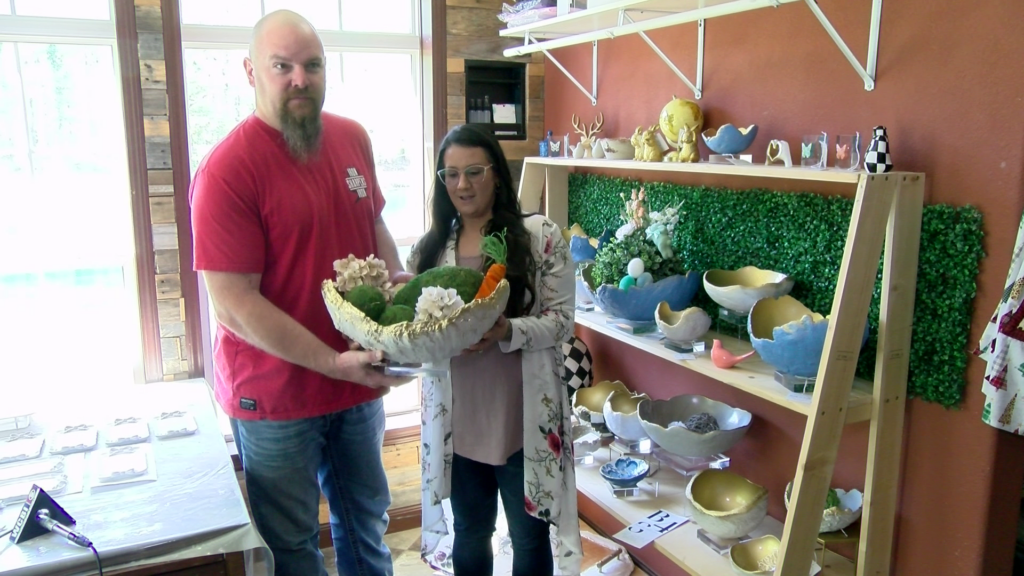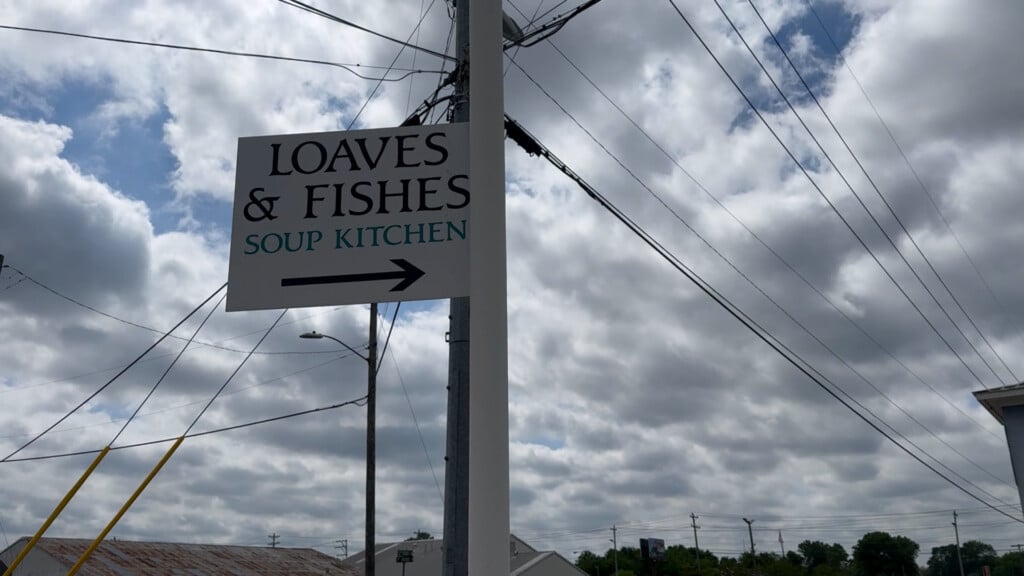Appeals Court Rules States Can’t Ban Gay Marriage
By Nicholas Riccardi and Brady McCombs/Associated Press
DENVER – A federal appeals court ruled Wednesday that states must allow gay couples to marry, finding the Constitution protects same-sex relationships and putting a remarkable legal winning streak across the country one step closer to the U.S. Supreme Court.
The three-judge panel in Denver ruled 2-1 that states cannot deprive people of the fundamental right to marry simply because they want to be wedded to someone of the same sex.
The judges added they don’t want to brand as intolerant those who oppose gay marriage, but they said there is no reasonable objection to the practice.
“It is wholly illogical to believe that state recognition of love and commitment of same-sex couples will alter the most intimate and personal decisions of opposite-sex couples,” the judges wrote, addressing arguments that the ruling could undermine traditional marriage.
The decision by the 10th U.S. Circuit Court of Appeals panel upheld a lower court ruling that struck down Utah’s gay marriage ban. It becomes law in the six states covered by the 10th Circuit: Colorado, Kansas, New Mexico, Oklahoma, Utah and Wyoming. But the panel immediately put the ruling on hold pending an appeal.
Petition to be filed
The Utah attorney general’s office said it will file a petition with the Supreme Court seeking a review of the decision. It also left open the possibility of requesting a review from the full panel of 10th Circuit judges.
“Although the Court’s 2-1 split decision does not favor the State, we are pleased that the ruling has been issued and takes us one step closer to reaching certainty and finality for all Utahns on such an important issue with a decision from the highest court,” the office said in a statement.
Wednesday afternoon, the couples named in the appeal hugged, cried and exchanged kisses at a news conference outside their attorney’s offices in downtown Salt Lake City.
“This decision is an absolute victory for fairness and equality for all families in Utah, in every state in the 10th Circuit and every state in this great nation of the United States,” said their attorney, Peggy Tomsic.
Plaintiff Derek Kitchen said he and his partner, Moudi Sbeity, are “so proud to be a part of history.”
“It feels wonderful to be among one of the many same-sex couples across the country that are being respected and are offered dignity by the court system, and this is just emblematic of the United States judicial process,” Kitchen said. “I don’t think that the state of Utah can continue to deny same-sex couples their rights for much longer.”
The decision gives increased momentum to a legal cause that already has compiled an impressive record in the lower courts after the Supreme Court last year struck down the federal Defense of Marriage Act. Since then, 16 federal judges have issued rulings siding with gay marriage advocates.
The latest of those rulings was in Indiana, where a federal judge struck down that state’s same-sex marriage ban in a decision Wednesday that immediately allows gay couples to wed. The Indiana and Utah rulings came just one day ahead of the one-year anniversary of the landmark Supreme Court decision striking down part of a federal anti-gay marriage law.
Evan Wolfson, president of Freedom to Marry, said Utah’s legal victory was sweeter because of where it originated — a conservative, deeply religious state in the heart of the mountain west.
“What is so powerful here is that we have the first federal appellate court and … it’s a case coming out of Utah affirming in the strongest, clearest, boldest terms that the Constitution guarantees the freedom to marry and equal protection for all Americans and all means all, including gay couples,” he said.
The Church of Jesus Christ of Latter-day Saints, based in Salt Lake City, said on its website that it maintains marriage should be between a man and a woman, but believes “all people should be treated with respect.”
Gov. Gary Herbert said in a statement he was disappointed by the panel’s decision and believes states should determine their own laws regarding same-sex marriage. The Republican said he hopes the Supreme Court will rule on the issue to provide clarity.
In his dissent, Justice Paul J. Kelly Jr. said the 10th Circuit overstepped its authority and that states should be able to decide who can marry.
“We should resist the temptation to become philosopher-kings, imposing our views under the guise of the Fourteenth Amendment,” he wrote.
More than 1,000 Utah same-sex couples wed in December after the initial ruling in the case, before the Supreme Court issued a stay. Along with the Utah case, the 10th Circuit panel considered a challenge to the Oklahoma ban. It did not immediately issue a decision in that case Wednesday.
Oklahoma plaintiff Sharon Baldwin said moments after the Utah ruling that she is optimistic because the two cases are so similar.
“We think this is wonderful news, and we’re excited to see our ruling coming soon,” she said.
Though the Utah and Oklahoma cases have been closely watched, it is unclear if one of them will be the first to reach the Supreme Court. The high court could choose from cases moving through five other federal appellate courts, and wouldn’t consider a case until next year at the earliest.
–––––
Online: Ruling from 10th U.S. Circuit Court of Appeals, https://www.ca10.uscourts.gov/opinions/13/13-4178.pdf
–––––
McCombs reported from Salt Lake City. Associated Press writers Michelle Price in Salt Lake City, Lisa Leff in San Francisco and Kristi Eaton in Oklahoma City contributed to this report.





Leave a Reply